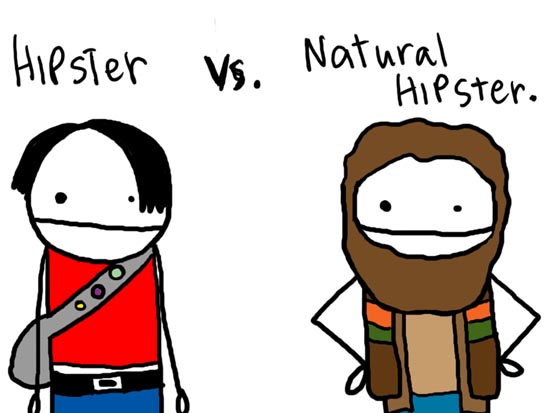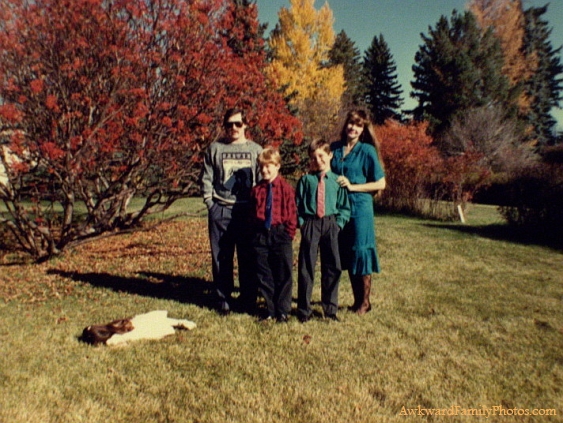
Spence Shelton led a breakout, making the case for multi-generational small group, at the RightNow Conference 2010. Spence is the small groups pastor at The Summit Church in Raleigh-Durham, NC.
Spence started out asking a question:
Who have been the most influential people in your life?
It’s probably some people who were in previous generations…some in your current generation…and some that are in generations younger than you.
Spence recommends Joseph Hellerman’s book, When the Church Was a Family.
The American culture is filled with consumers. And since the culture is filled with that, our churches are filled with that mindset, too.
Here’s the line of thought that Spence runs with at The Summit:
Come as you are, but we’re not going to leave you there.
Making the church accessible to non-Christians is great, where we’ve created various environments for people at different ages, stages, and spiritual maturity levels. And the problem is that these environments that were supposed to be front-door ministries became silos. They became environments where you could “get your church, your way, right away.” The idea here is that “you come as you are and stay as you are.”
This is a problem when you read Scripture.
3 Principles of the Biblical World that the Church was birthed into, in 1st century AD
- In the Biblical world, the group took priority over the individual. The individual felt responsible to the group for decisions. It was a group-first mentality. It was a strong-group culture. We now live in a weak-group (individual-driven) society.
- A person’s most important group was a person’s blood-family.
- A closest family bond was a sibling bond, not the marriage bond.
We currently live in a weak group/strong individual culture now. So when Paul calls people his “brother,” it carried much more weight than it does today.
The changing of the family
- In Deuteronomy 6, God gives His great command to the family. He encourages parents to teach the law of the Lord to your children, in such a way that (though it takes a long time) it becomes permanent.
- In the Jewish culture, even the surrounding community helped to shape the hearts and minds of children.
- This makes Jesus’ statement that his mother and brothers weren’t his family, he’s reinstituting the idea of what a family is. Instead of just flesh and blood, “family” is now those who are united in Christ.
- Galatians 3:26-27 – in Christ, all are one.
- Titus 2:1-8 – older men are called to be wise, and invest in younger men. This is again a reinterpretation of what “family” is.
If our primary environment for growth, and our idea of “family” is based on the New Testament examples above, and we have single-generational groups, we’re not giving an accurate picture of the family. Rather, if we have multi-generational groups, offering those as our environment for spiritual growth, we can give an accurate, New Testament picture of healthy spiritual family.
Objections to multi-generational groups
- Friendship is best built around common interest.
- I don’t have anything helpful to offer to another generation. I don’t have all of the answers that the younger generation is going to ask. Rebuttal: if you’re further along in life, you have something to offer the younger generation.
- Am I going to be the only one like me in the group? There’s great value in being around people not just like you. Though it does work best when there’s one other person like you.
*This concept of multi-generational groups applies to all areas of diversity, including racial and socio-economic.
Moving from life-stage silos to multi-generational
- It starts with you, believing in this and stepping out and doing it.
- Remember that your people are consumers. This concept doesn’t work that really well in a short conversation at the small groups table. The Summit holds multi-generational groups up as an ideal, but doesn’t force it with everybody. He works this DNA into small group leaders, and encourages them to begin to look like the family of God.
Q&A
What do you do when you want to transition to multi-generational but your lead pastor isn’t convinced that this is the way to go?
- Ask your lead pastor to participate in a multi-generational group with you. Convince them through experience.
If you have an older and a younger generation, how do we begin moving them closer together?
- Identify a couple of leaders (including yourself), who aren’t just like you (age/stage in life), and ask them to do small groups like this.
What are some studies/books that can help with that?
- Why Small Groups, CJ Mahaney
- Hellerman’s book (listed above)
Is it a detriment that people are talking about issues that others in the group aren’t dealing with?
- Spence has heard people say that it’s refreshing to see what marriage is like from a married couple, instead of just in a sermon or a book.
- Don’t allow your conversation in your small group to just be about yourselves and your situation.
Who is the leader, the younger people or the older people?
What do you do about childcare?
- We reimburse childcare costs
What do you do about teens?
- Some are brought into the adult small group experience, it’s going well. But Spence isn’t ready to make a rule that teens of certain ages should go into small groups.
- No children in the small group.















Why? Why? Why?
I’m going to start posting more consistently on the topic of social media. Because I use it. And so do you.
How do I know?
You’re reading this blog right now.
You also likely use other forms of social media (platforms thriving on interaction around user-generated content), like
I wish I had all of the answers, but I often find myself with more and more questions when it comes to success in social media:
It’s questions like these that I wrestle with. They keep me moving forward, pursuing continued effectiveness online, and with my local ministry here in Clarksville. If I’m not moving towards an increasing effectiveness, it’s time for me to quit.
What social media questions are you wrestling with?
How do you measure effectiveness on your social media platforms?